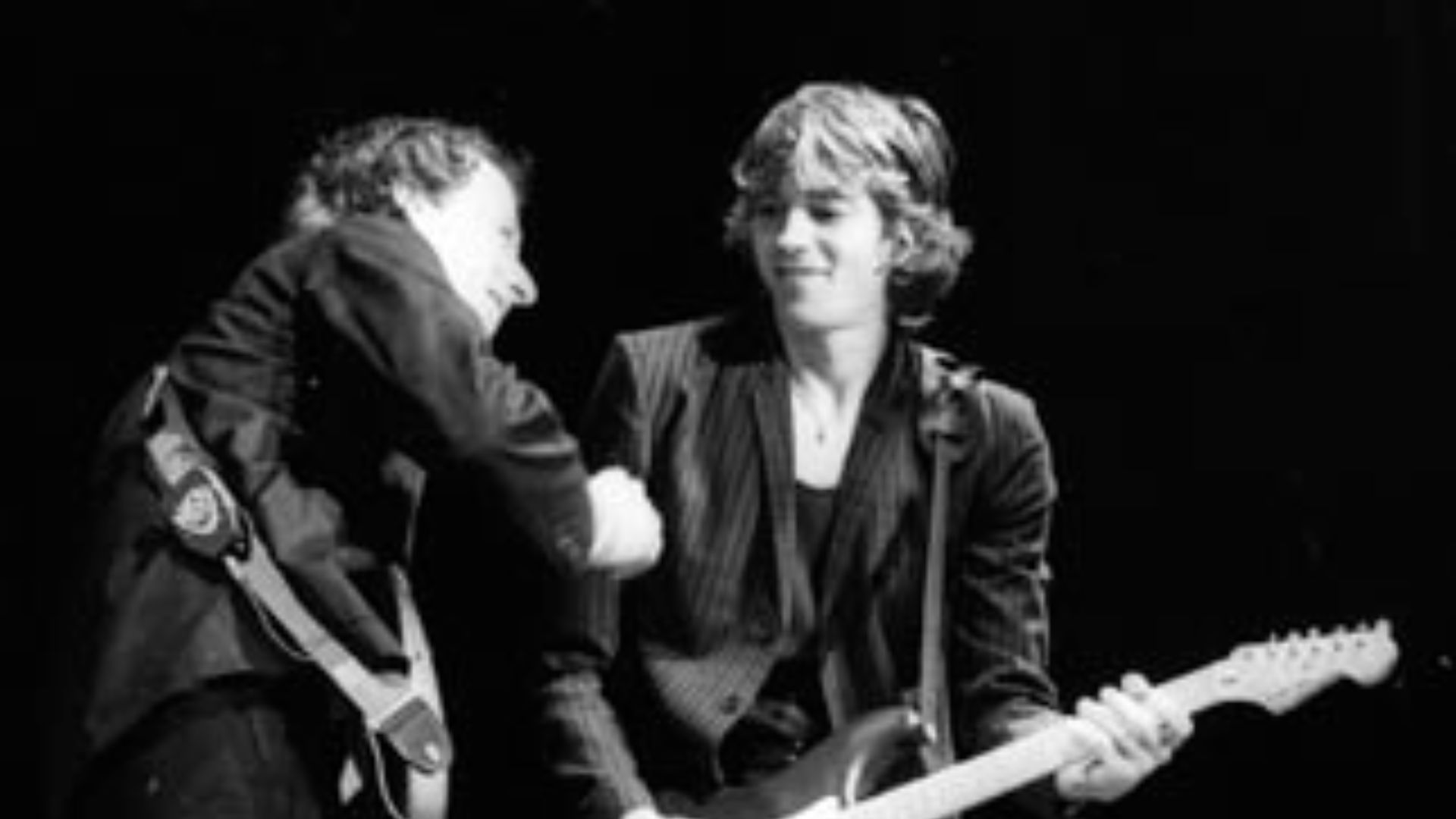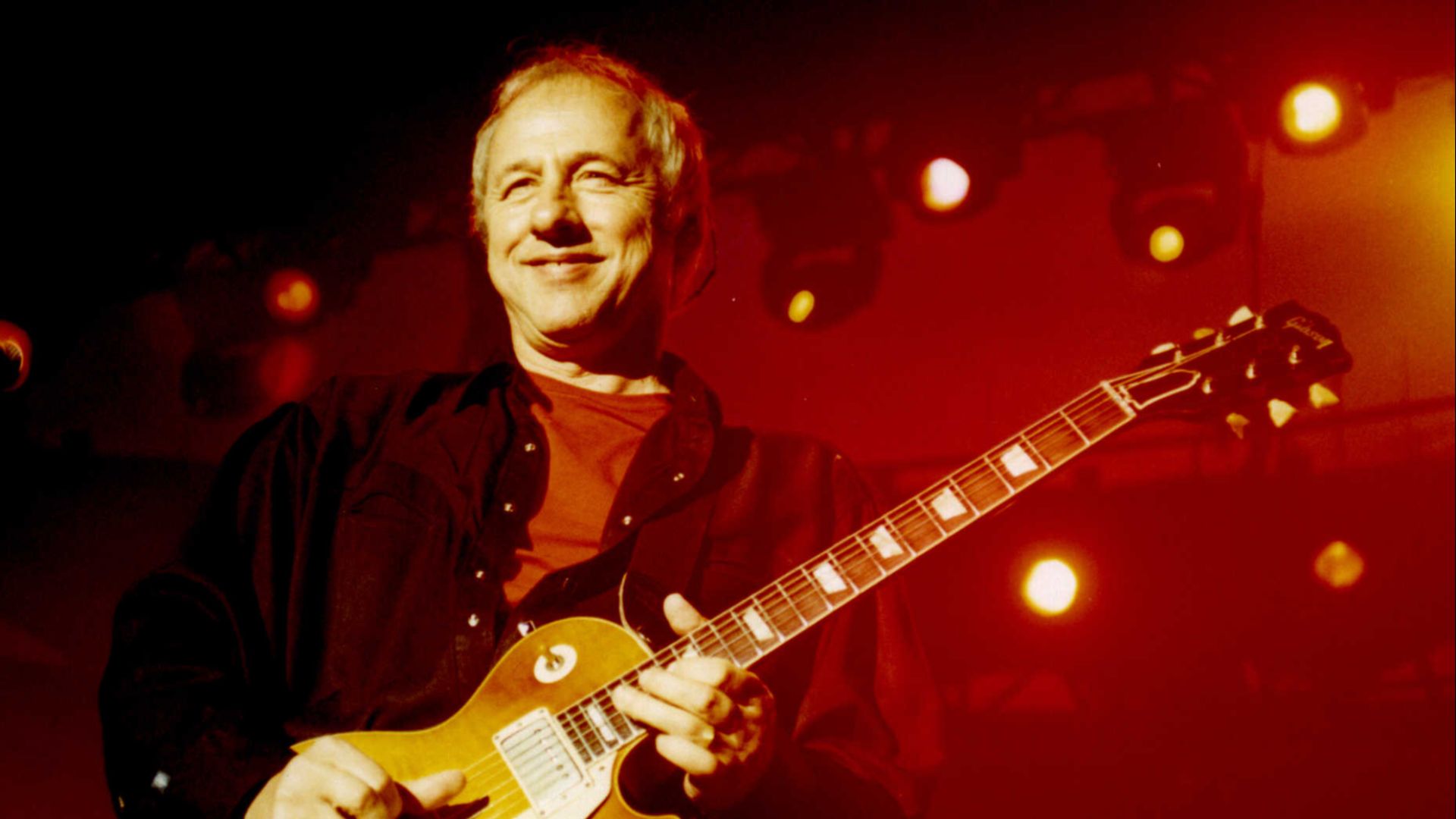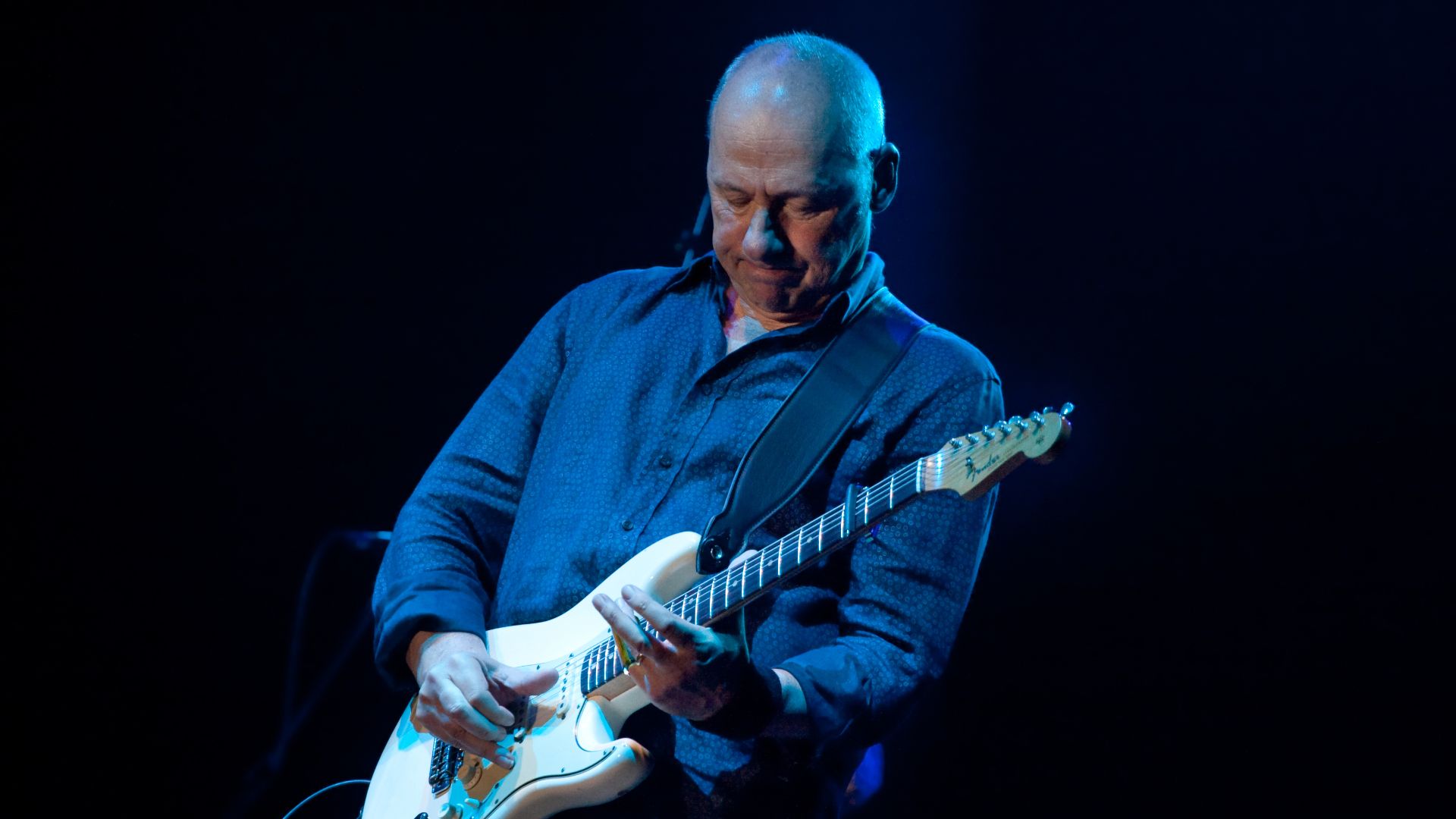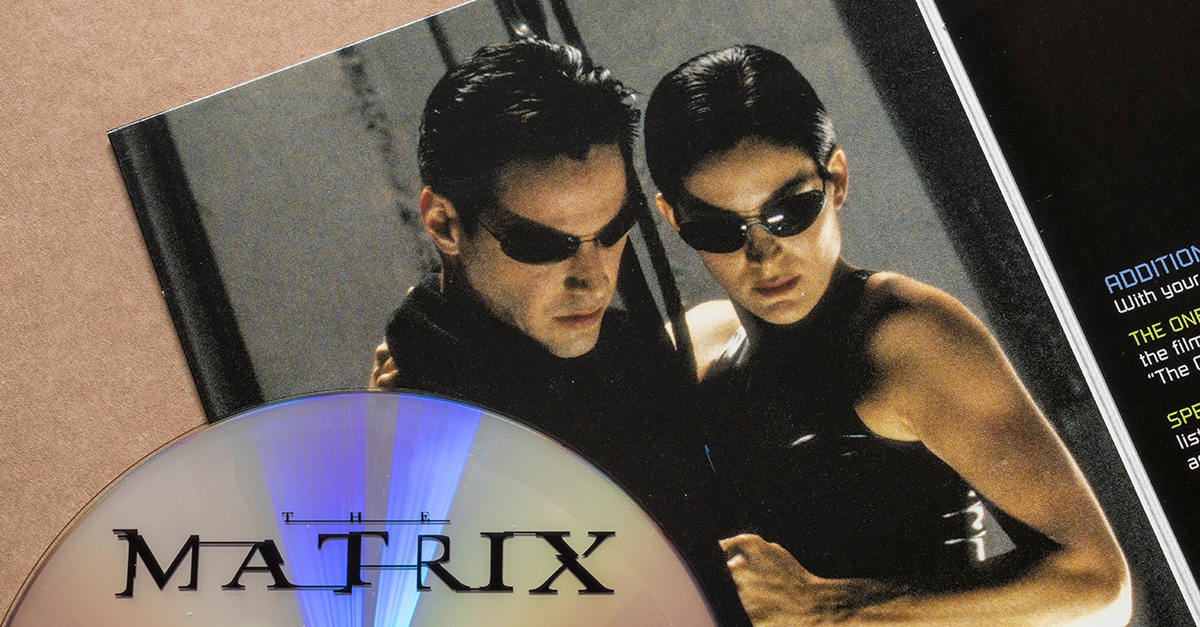The End No One Saw Coming
In the early 1990s, Dire Straits remained one of the most successful bands on Earth. They had sold out stadiums, topped charts, and shaped an entire era of rock music. Then, almost without warning, Mark Knopfler stepped away. There was no scandal or explosive announcement. He simply decided that the world he helped build no longer felt like his.

A Band Too Big to Contain Itself
Their final tour, supporting the album On Every Street, became a monumental undertaking. It included 229 shows across 19 countries and drew more than seven million fans. The scale was staggering. It also became increasingly difficult to sustain, especially for a group that began as a small, tightly focused band.
 Screenshot from On Every Street Tour, Vertigo Records
Screenshot from On Every Street Tour, Vertigo Records
The Crushing Heat of the Spotlight
Knopfler later acknowledged that the intensity of global fame never suited him. The brighter the spotlight became, the more uncomfortable he felt. He loved music, but the life of an international superstar conflicted with the quiet, deliberate way he preferred to create.
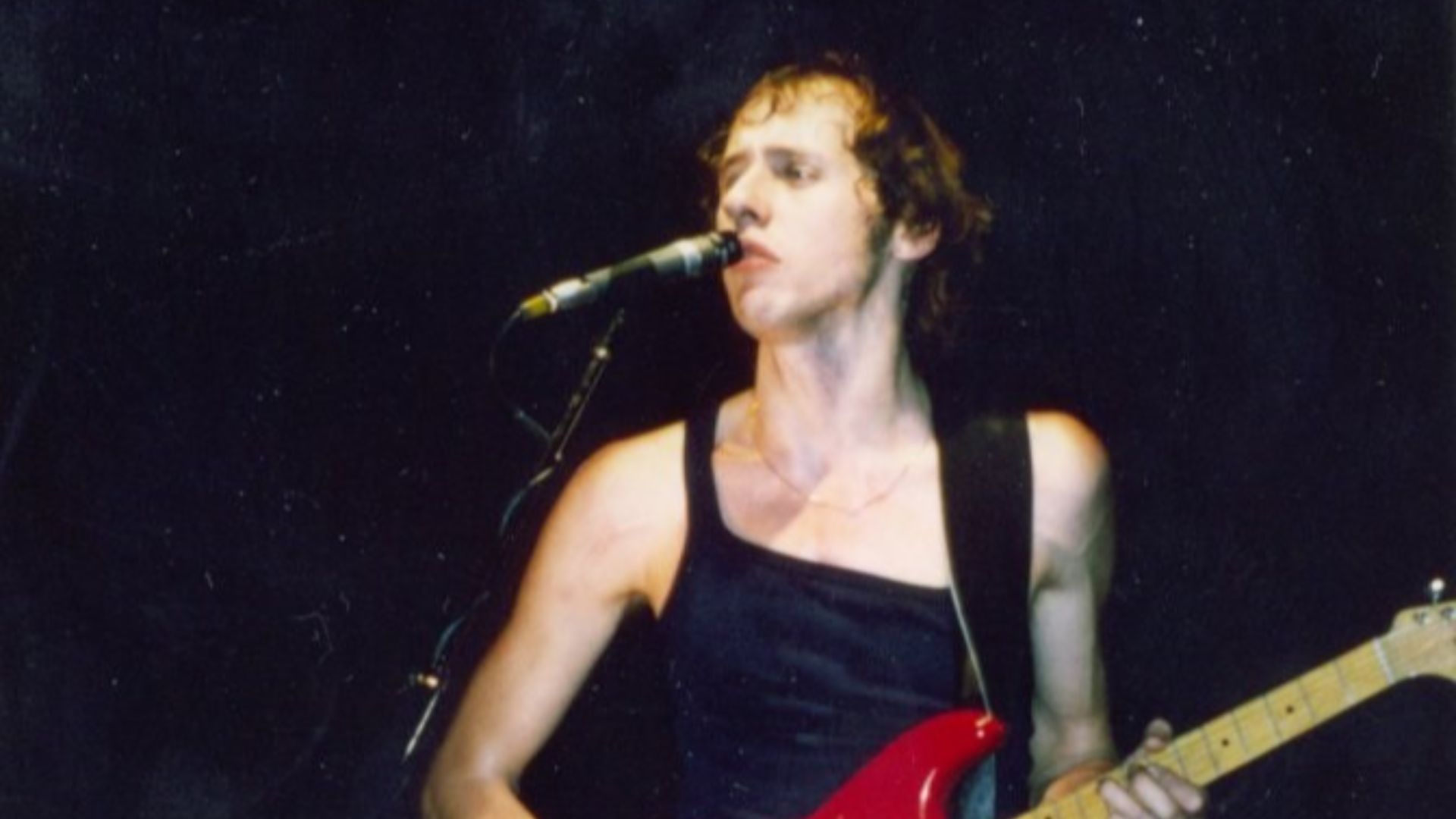 Klaus Hiltscher, Wikimedia Commons
Klaus Hiltscher, Wikimedia Commons
A Slow and Silent Fade
The band released their final studio album in 1991. Their massive tour concluded in 1992. After that, activity simply stopped. By the mid-1990s, it was clear that Dire Straits had reached the end of the road. Fans were stunned, but for Knopfler the decision had been forming long before.
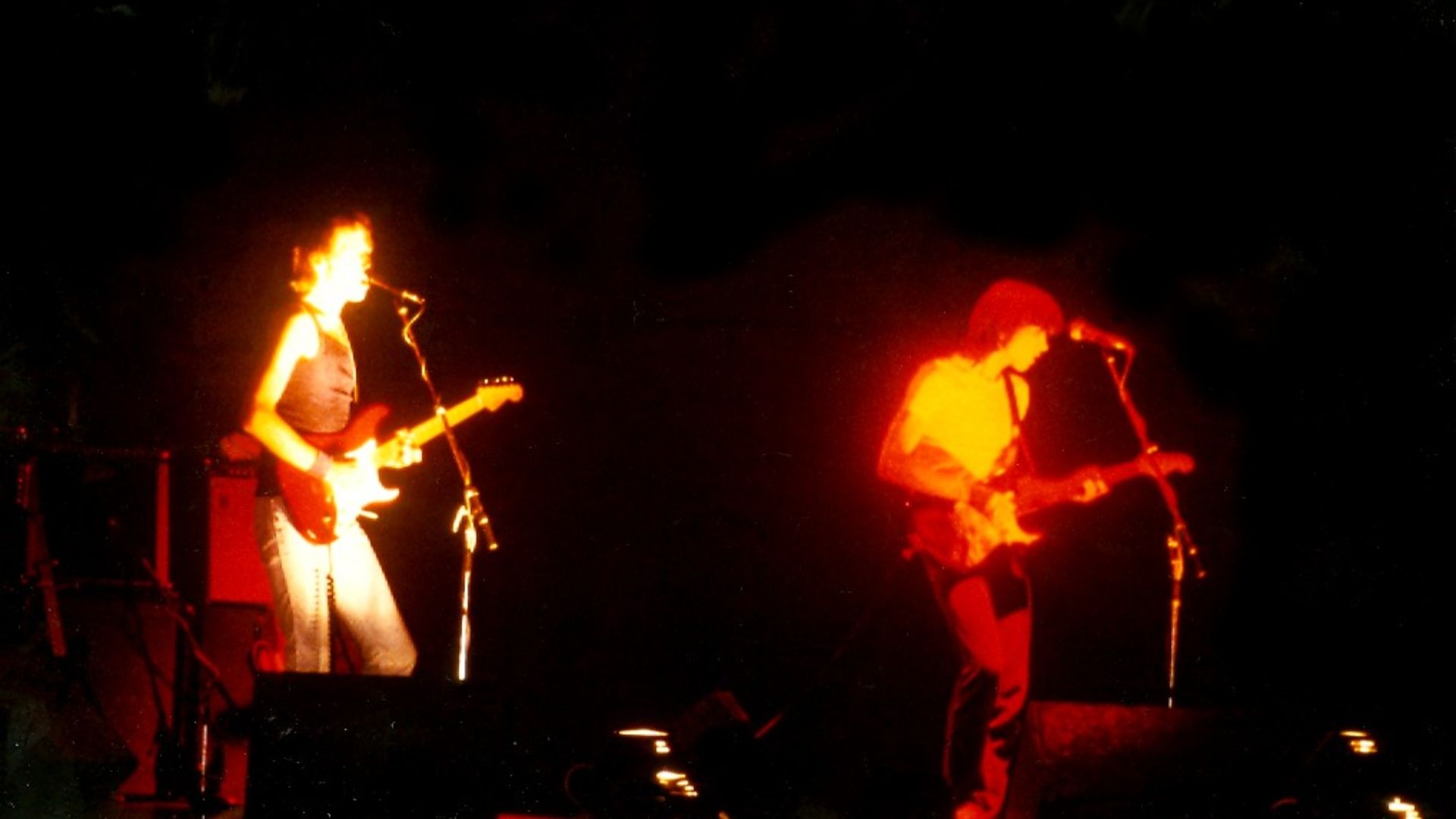 Klaus Hiltscher, Wikimedia Commons
Klaus Hiltscher, Wikimedia Commons
A Creative Rift in the Family
Creative tension between Mark and his brother David had existed since the band’s early days. Both men were talented musicians with strong ideas, and their differences shaped the group’s internal dynamics for years. This tension did not cause the breakup alone, but it contributed to the complex environment that surrounded the band’s decline.
A Childhood Far from the Spotlight
Knopfler was born in Glasgow in 1949 and raised in Blyth from age seven. His early life was grounded and far removed from any idea of global fame. He developed a strong interest in storytelling and a deep connection to music long before he entered the public eye.
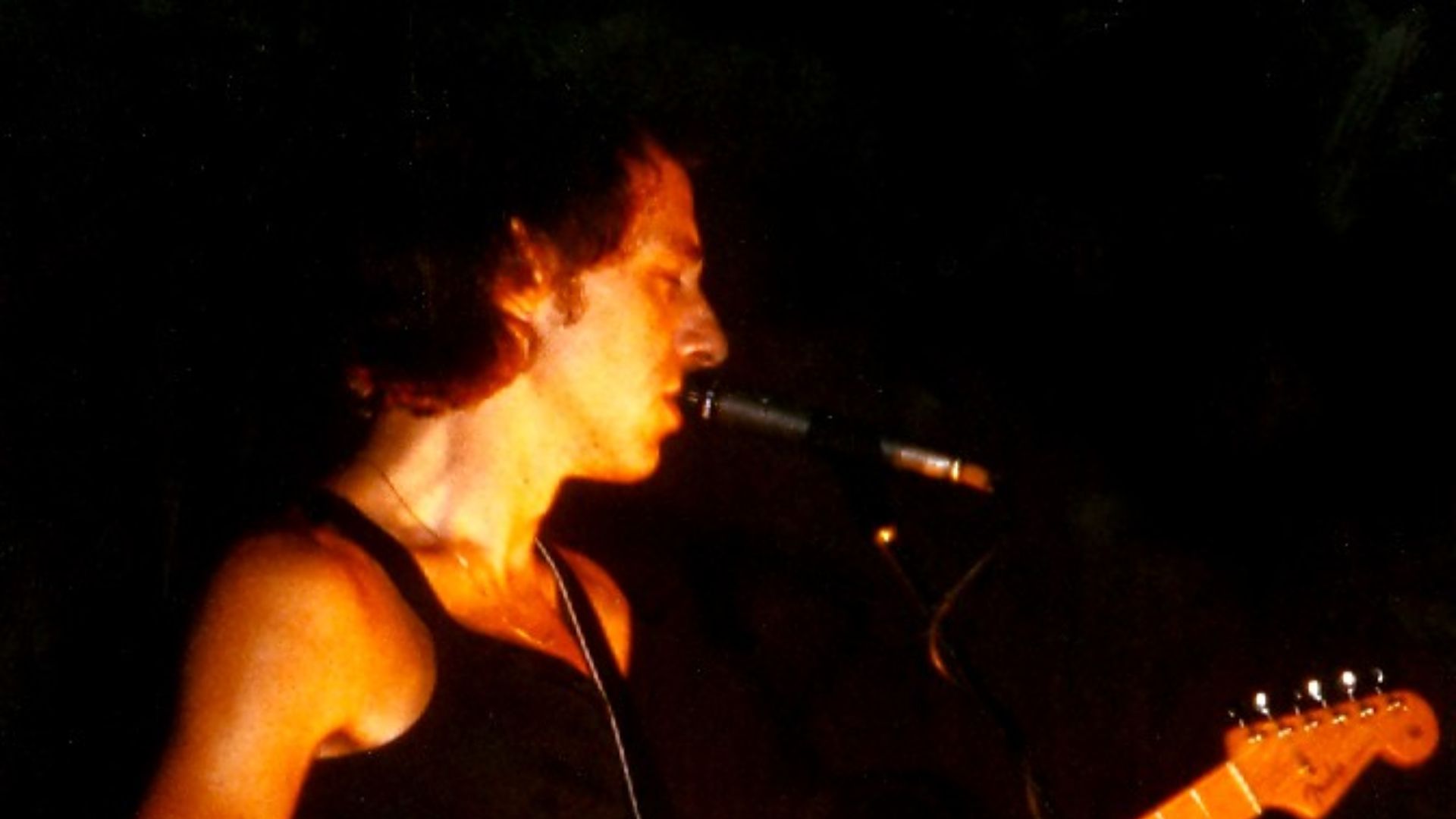 Klaus Hiltscher, Wikimedia Commons
Klaus Hiltscher, Wikimedia Commons
A Scholar Before a Star
Before his music career took off, Knopfler studied English at the University of Leeds. He then spent three years working as a college lecturer. The discipline he learned in academia helped shape the thoughtful, narrative-driven songwriting style that later defined his work.
The Birth of Dire Straits
In 1977, Mark and David Knopfler joined John Illsley and Pick Withers to form Dire Straits. Their goal was simple: write clean, story-oriented songs with a unique sound. The chemistry among the four musicians was immediate.
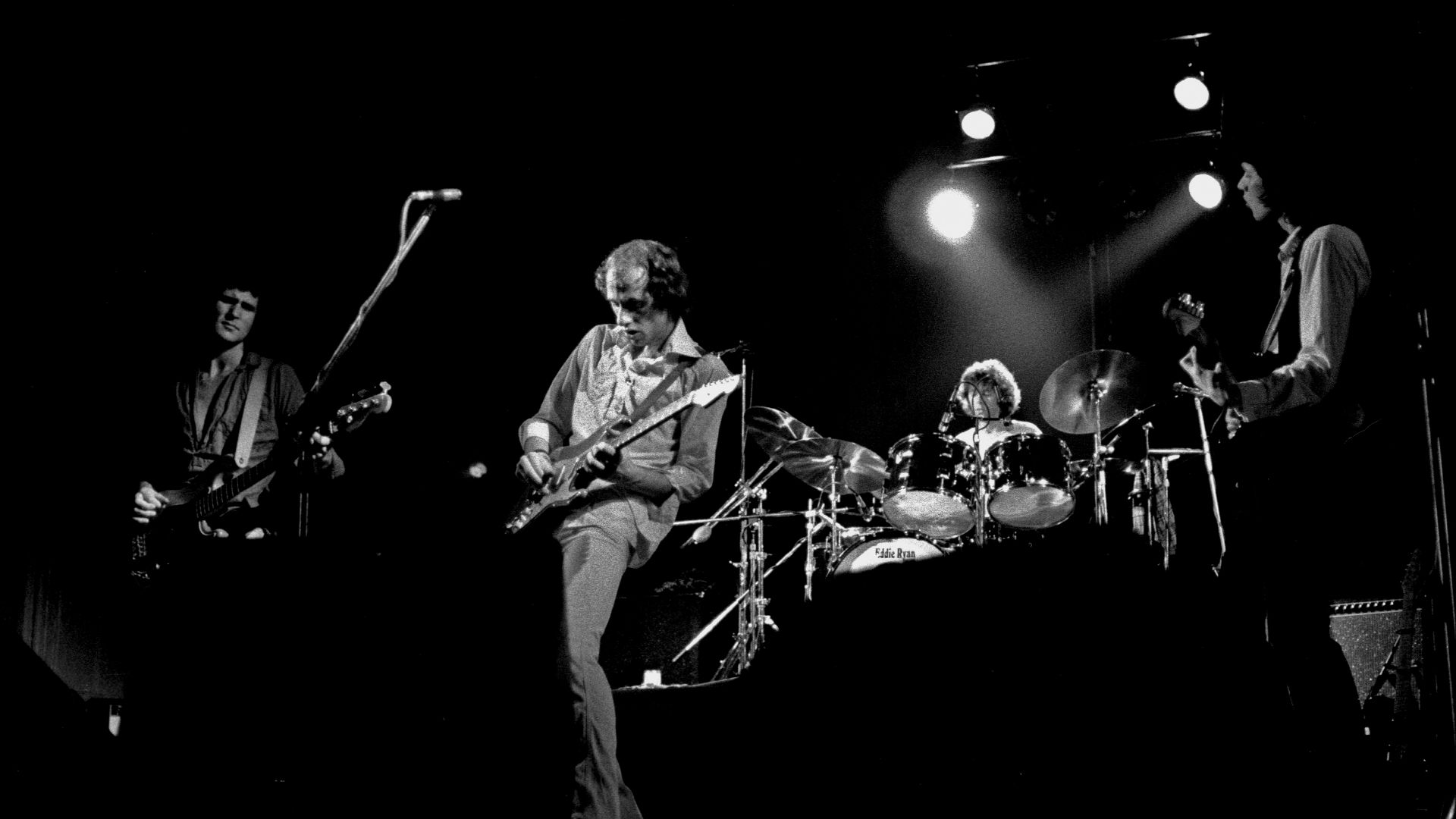 Heinrich Klaffs, Wikimedia Commons
Heinrich Klaffs, Wikimedia Commons
A Debut That Captured the World
Their debut album arrived in 1978 and quickly became an international success. “Sultans of Swing” introduced the world to Knopfler’s distinctive guitar work and storytelling voice. Virtually overnight, they transformed from a local bar band into stars.
 Screenshot from Sultans of Swing, Vertigo Records
Screenshot from Sultans of Swing, Vertigo Records
The Earthquake of Brothers in Arms
The release of Brothers in Arms in 1985 marked a turning point. The album dominated global charts and sold in enormous numbers. It cemented Dire Straits as one of the biggest bands on the planet and pushed Knopfler into a level of fame he never expected.
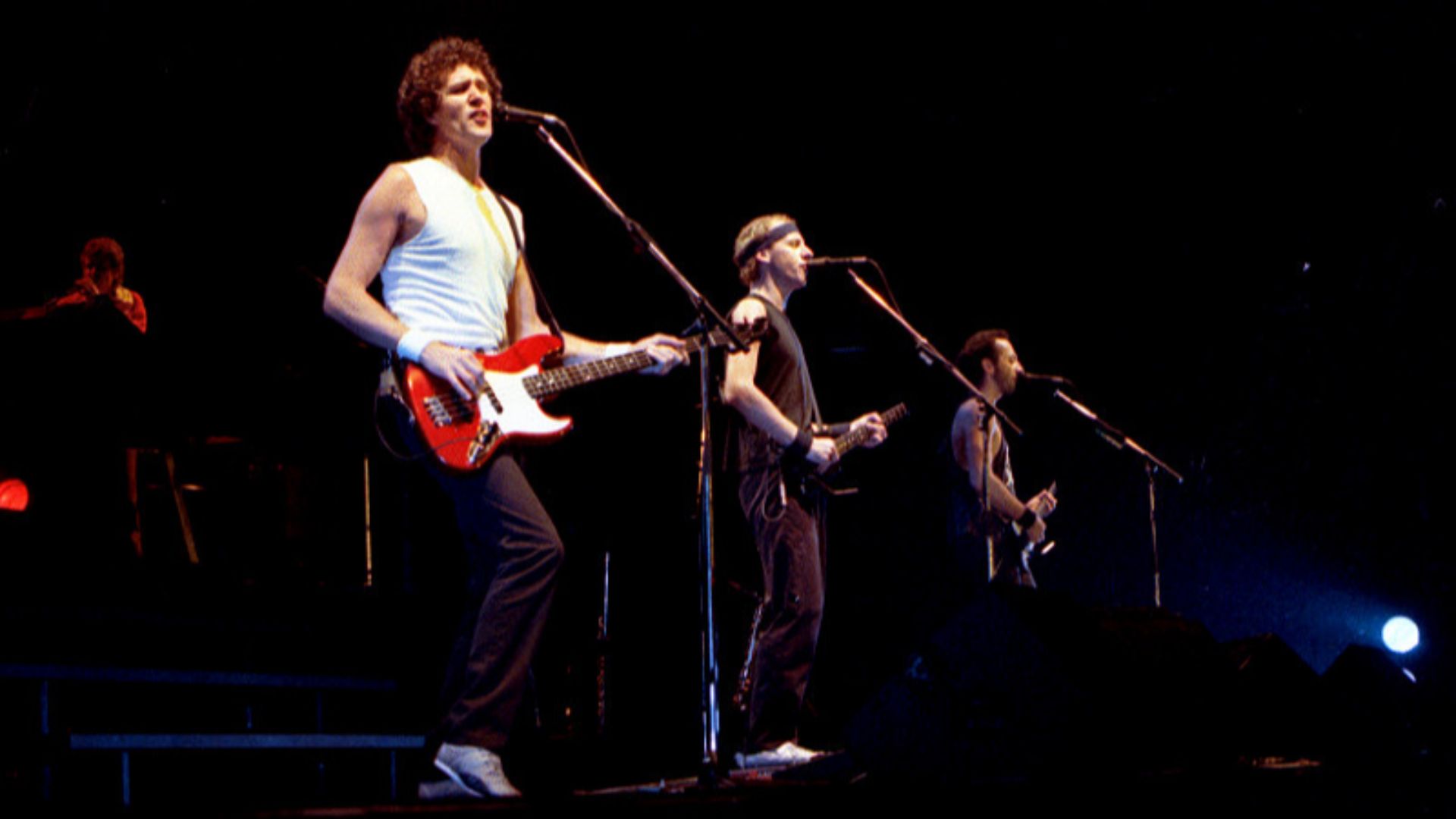 Helge Overas, Wikimedia Commons
Helge Overas, Wikimedia Commons
Success at a Heavy Cost
As their audience grew, the pressure on Knopfler increased. He enjoyed songwriting and performing, but the immense machinery behind a world-famous band weighed on him. Creativity began to feel less like exploration and more like obligation.
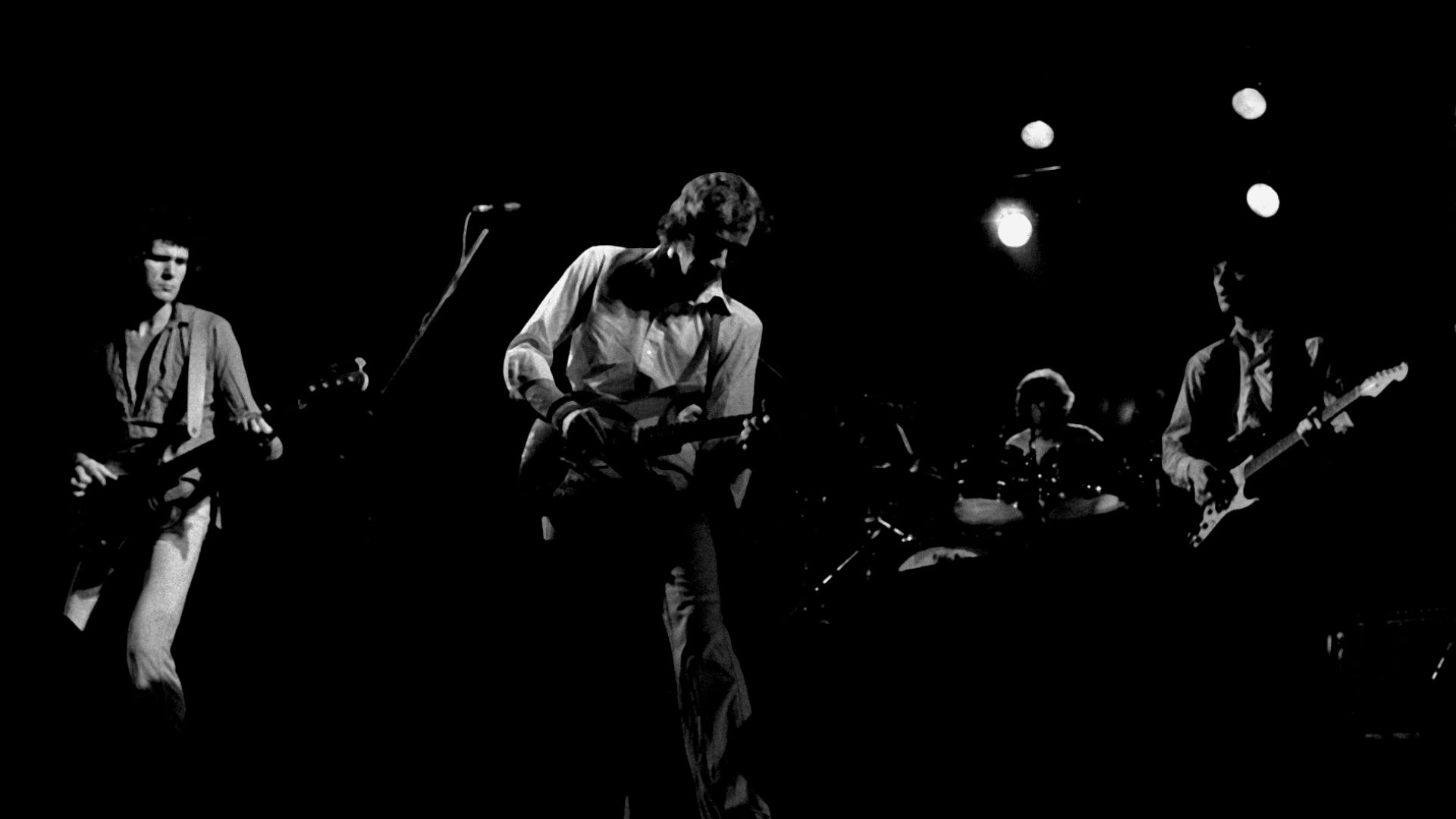 Heinroch Klaffs, Wikimedia Commons
Heinroch Klaffs, Wikimedia Commons
The Final Studio Album
When On Every Street came out in 1991, fans hoped it would usher in a new era. Instead, it became the band’s final chapter. Knopfler was already struggling to balance artistic freedom with the commercial expectations that surrounded Dire Straits.
 Zoran Veselinovic, Wikimedia Commons
Zoran Veselinovic, Wikimedia Commons
The Tour That Changed Everything
The tour that followed was one of the largest in the band’s history. It required constant travel and a huge production effort. By the time it ended in October 1992, Knopfler realized he could not continue working at that scale without sacrificing the joy he found in music.
 Screenshot from Private Investigations – Dire Straits Live Basel, The Broadcast Archive, MVD
Screenshot from Private Investigations – Dire Straits Live Basel, The Broadcast Archive, MVD
A Moment of Truth
After the tour, the band simply stopped. There were no rehearsals or new plans. The silence was intentional. Knopfler needed space to understand what music meant to him beyond the demands of global success.
A Search for Something Simpler
After stepping away, he began pursuing smaller, more personal projects. He gravitated toward folk, blues, and roots music—styles that reminded him of the early passion that first drew him to the guitar.
The Notting Hillbillies and a New Direction
His collaboration with the Notting Hillbillies marked a deliberate shift. The group focused on Americana and roots-influenced music. It provided a relaxed environment where Knopfler could reconnect with the simple pleasure of playing.
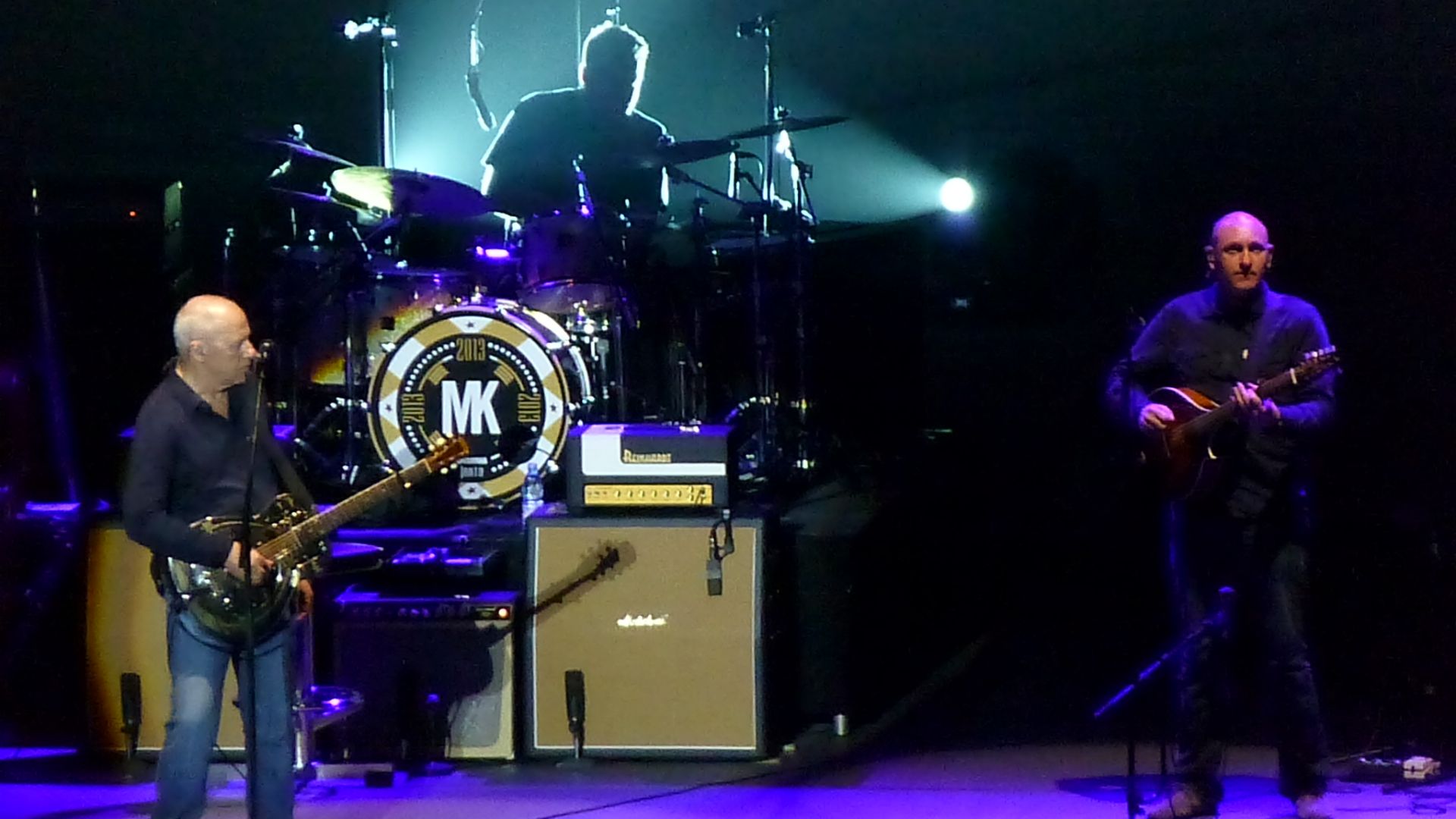 Nevit Dilmen (talk), Wikimedia Commons
Nevit Dilmen (talk), Wikimedia Commons
A Composer in the Shadows
Knopfler had already built a strong reputation as a film composer with scores for Local Hero and The Princess Bride. After Dire Straits ended, he embraced this work more openly. Film scoring offered creative freedom without the overwhelming spectacle of stadium tours.
 Screenshot from Going Home: Theme of the Local Hero, Vertigo Records
Screenshot from Going Home: Theme of the Local Hero, Vertigo Records
A Solo Artist Emerges
In 1996, Knopfler released his first solo album, Golden Heart. It marked the beginning of a new chapter, one driven by personal expression rather than global expectation.
 Screenshot from Golden Heart, Mercury Records
Screenshot from Golden Heart, Mercury Records
His Thoughts on a Reunion
Knopfler has expressed little interest in reviving Dire Straits. His reasoning has remained consistent. He values the freedom to collaborate widely and explore new sounds without the pressure of leading a massive commercial enterprise.
 Zoran Veselinovic (http://www.photozoran.com/), Wikimedia Commons
Zoran Veselinovic (http://www.photozoran.com/), Wikimedia Commons
A Legacy Built on Integrity
His decision to end one of the world’s biggest rock bands surprised many, but it preserved his relationship with music. Dire Straits did not collapse from conflict or scandal. They ended because Knopfler wanted to keep his work honest.
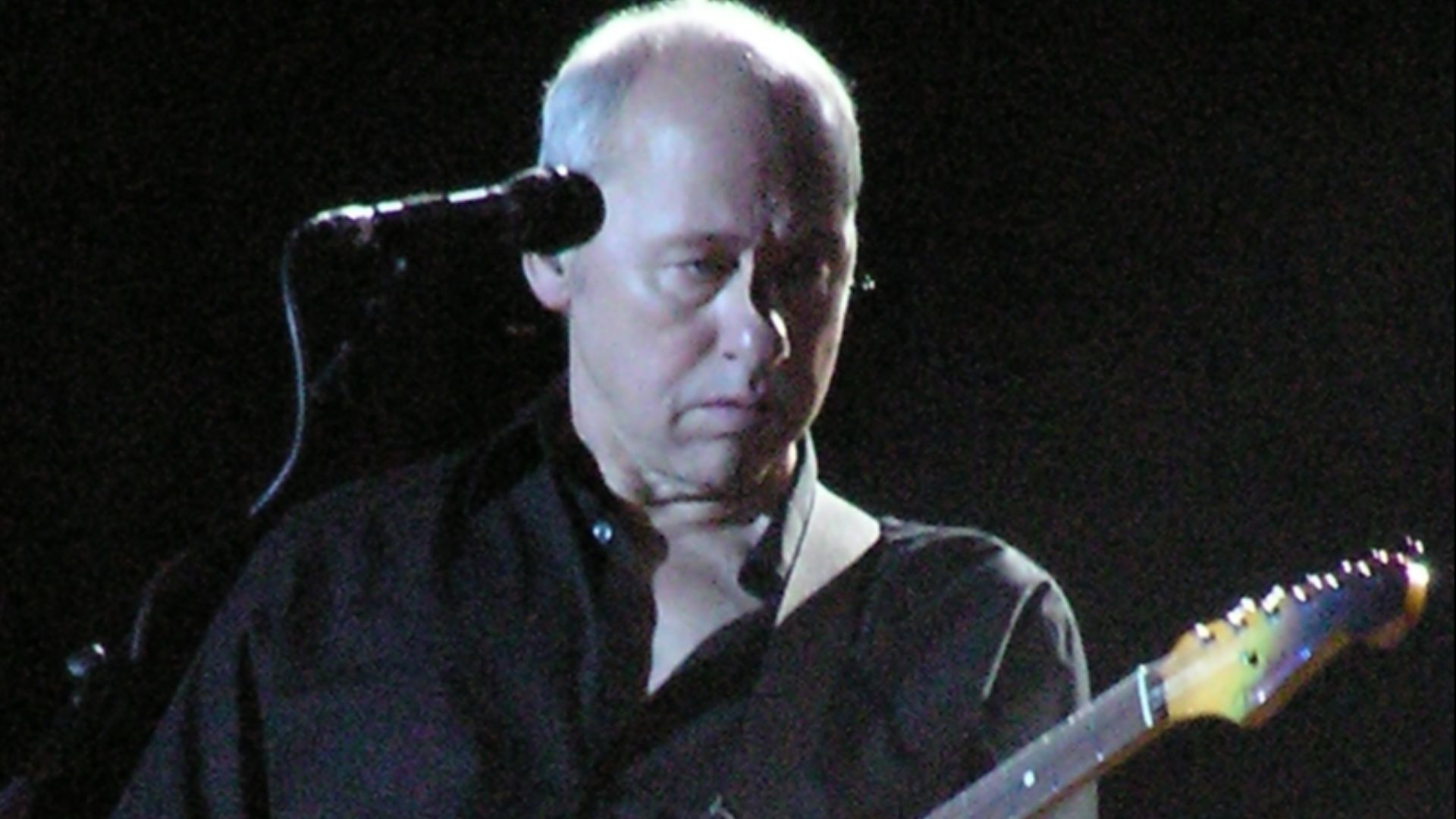 Joachim Mullerchen, Wikimedia Commons
Joachim Mullerchen, Wikimedia Commons
Fame Was Never the Goal
For many artists, fame represents success. For Knopfler, it became an obstacle. He stepped away not because he lost passion but because he wanted to protect it.
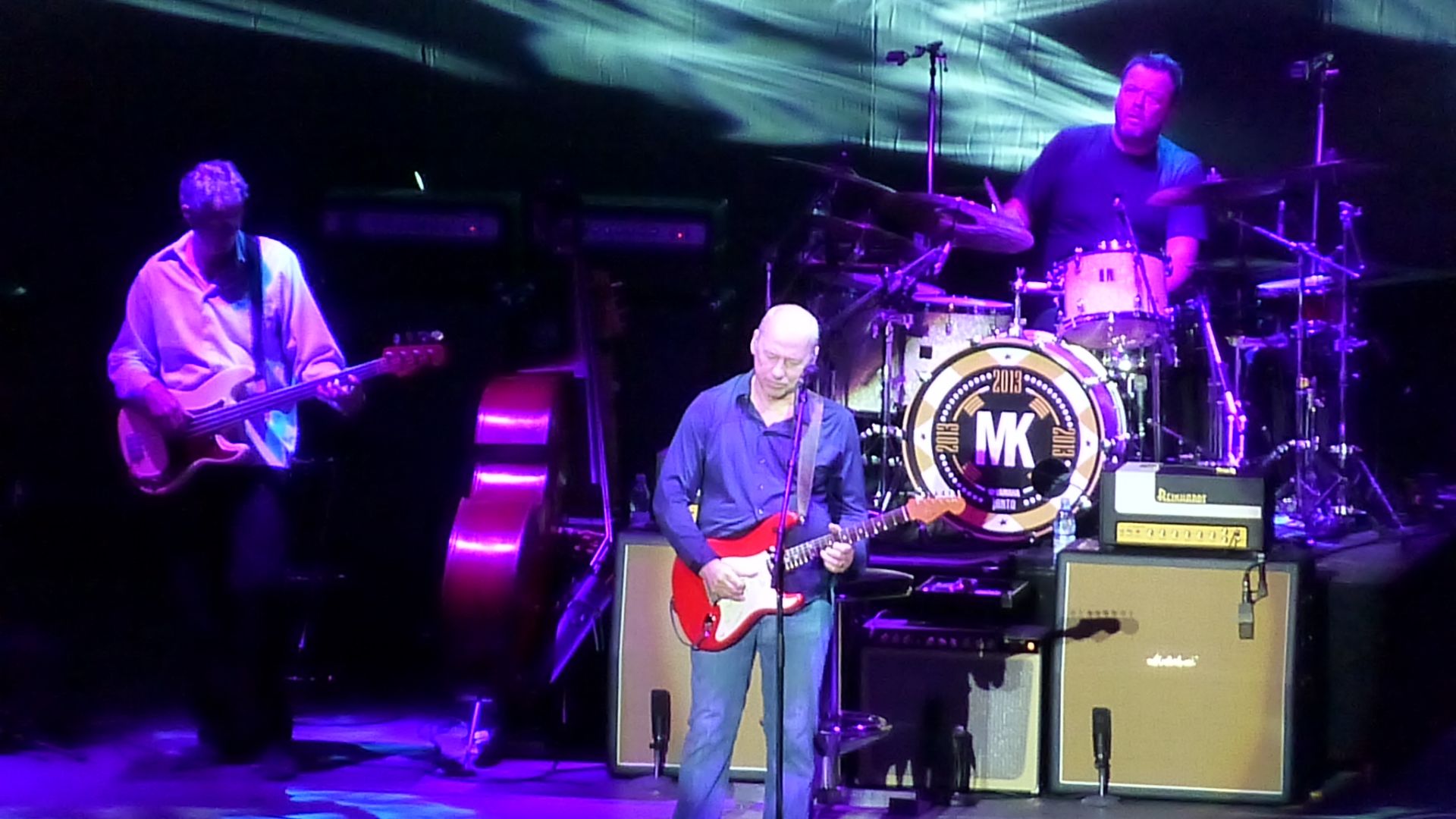 Nevit Dilmen (talk), Wikimedia Commons
Nevit Dilmen (talk), Wikimedia Commons
Life Beyond the Limelight
His solo career now spans decades and includes a wide range of collaborations and musical styles. His compositions remain thoughtful, lyrical, and unmistakably his.
 AgustinKnopfler, Wikimedia Commons
AgustinKnopfler, Wikimedia Commons
The Decision That Defined His Career
By choosing independence over mass popularity, Knopfler shaped the second half of his life on his own terms. His departure from Dire Straits remains one of the most unusual and admired exits in modern music history.
 Nevit Dilmen (talk), Wikimedia Commons
Nevit Dilmen (talk), Wikimedia Commons
The Music That Still Speaks
Knopfler’s path—from academic to rock star to reflective solo artist—shows how artistic conviction can shape an entire career. His work continues to resonate with listeners whose lives were touched by his music.
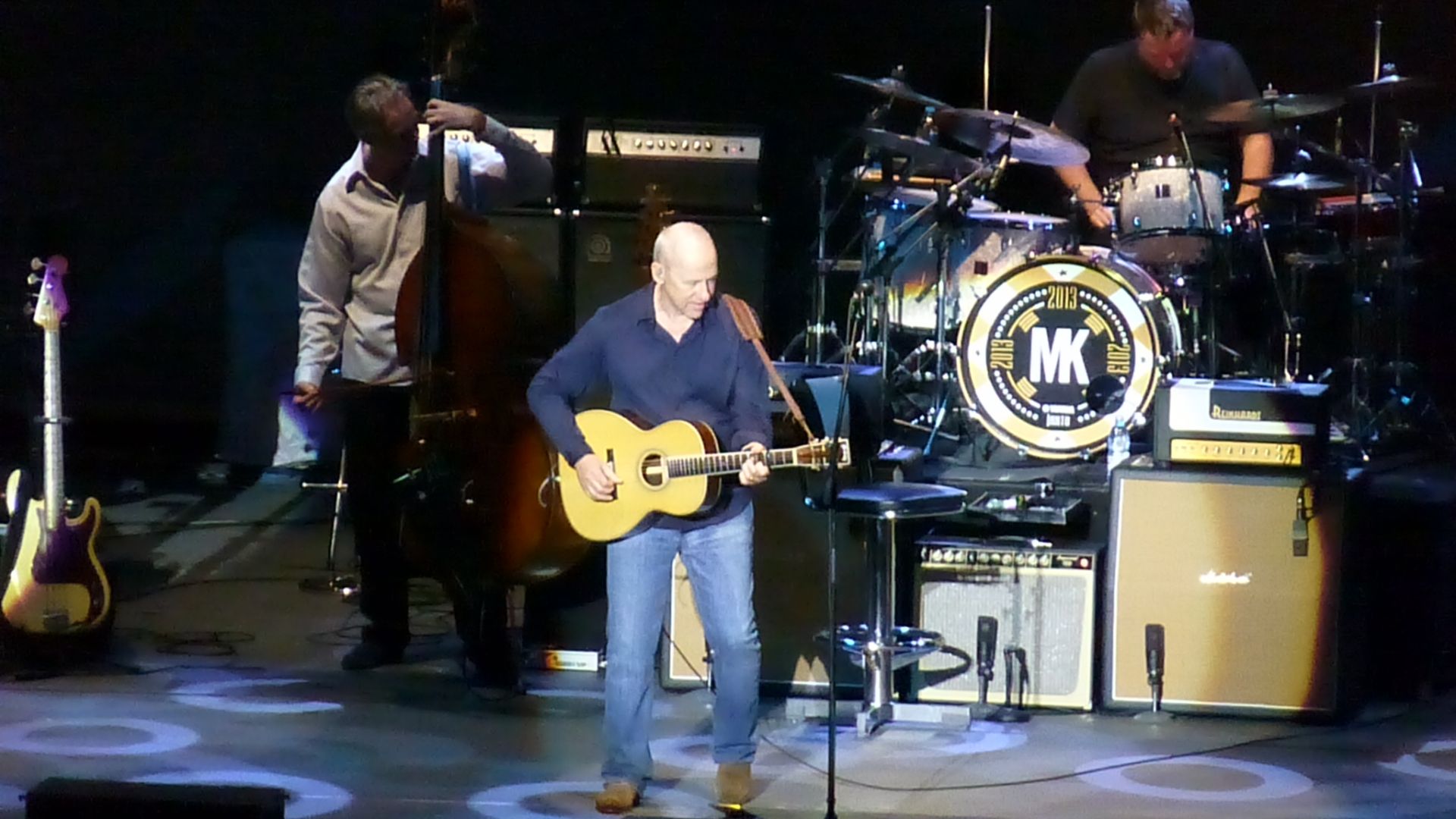 Nevit Dilmen (talk), Wikimedia Commons
Nevit Dilmen (talk), Wikimedia Commons
Walking Away to Move Forward
At the peak of Dire Straits’ fame, Mark Knopfler understood that he needed a different path. He stepped away so he could rediscover the sound that mattered most. In doing so, he found the freedom he had been missing.
You Might Also Like:
The Most Iconic MTV Music Videos
Cancelled TV Shows That The Networks Might Have Actually Been Right To Pull The Plug On
Directors Who Got Fired Mid-Production
 Volkan Yuksel, Wikimedia Commons
Volkan Yuksel, Wikimedia Commons


